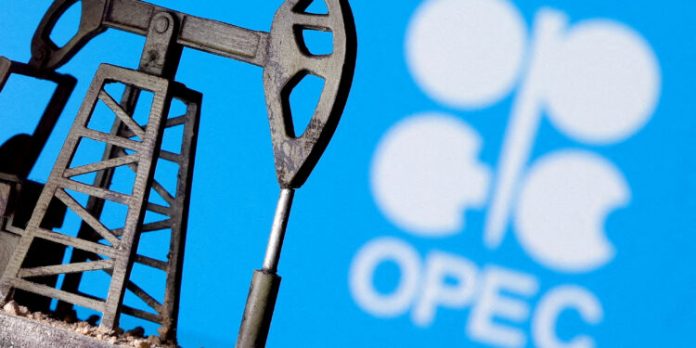Nigeria’s crude oil production fell to 1.39 million barrels per day (bpd) in September 2025, marking a second consecutive month of decline, according to the Organization of the Petroleum Exporting Countries (OPEC).
The figure, disclosed in OPEC’s latest Monthly Oil Market Report (MOMR) released Monday, represents a drop from 1.434 million bpd recorded in August. Data was obtained through direct communication with Nigerian authorities, one of two reporting sources OPEC relies on, the other being secondary market intelligence.
The output level is the lowest in seven months and remains below Nigeria’s OPEC quota of 1.5 million bpd, signaling renewed production challenges despite earlier recovery signs in mid-2025.
According to analysts, the decline reflects ongoing issues such as crude theft, pipeline vandalism, and technical disruptions at key terminals, persistent problems that have long hindered Nigeria’s oil performance.
The dip follows a report from the Nigerian Upstream Petroleum Regulatory Commission (NUPRC) which noted that total crude and condensate output averaged 1.581 million bpd in September. NUPRC attributed the shortfall to a three-day industrial strike by the Petroleum and Natural Gas Senior Staff Association of Nigeria (PENGASSAN), which caused shutdowns across major production and export facilities.
In a statement to regulators, NNPC Ltd. Group Chief Executive Officer, Bayo Ojulari, confirmed that the strike action led to “significant production deferments and projected revenue losses from missed crude liftings and reduced gas sales.”
The ongoing challenges pose a concern for Nigeria’s fiscal outlook, as crude oil remains the nation’s largest foreign exchange earner, contributing over 80% of export revenues.
However, NNPC Ltd. has pledged to increase output to 1.8 million bpd by the end of 2025, citing strengthened security measures in the Niger Delta and renewed investments in upstream infrastructure as part of its recovery strategy.

